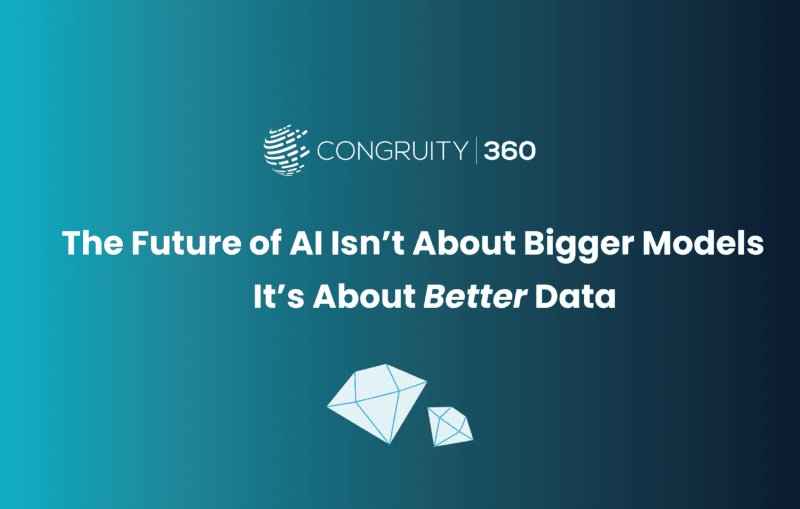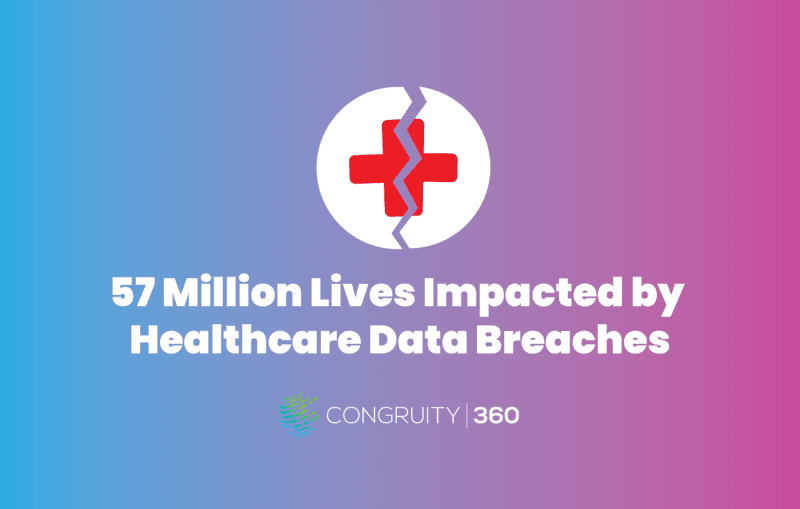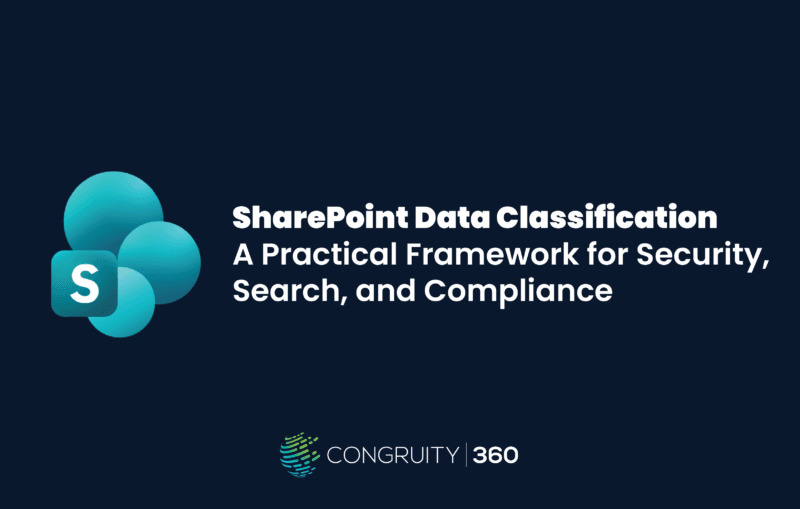Agentic AI is transforming the way businesses operate. These autonomous systems are capable of making decisions, taking actions, and learning from outcomes — often with minimal human supervision. As powerful as this technology is, it also brings a new set of challenges that current governance and compliance frameworks are not fully equipped to handle.
In this article, we’ll explore the key governance issues related to agentic AI, why data lifecycle management is essential, and practical steps organizations can take to ensure compliance, security, and ethical use.
What Is Agentic AI?
Agentic AI refers to artificial intelligence systems — or agents — that are designed to act autonomously, adapt to their environments, and make decisions independently. These agents can interact with digital systems, gather data, learn from outcomes, and continuously improve their performance. It’s key characteristics are:
- Autonomy: Operate without direct human control
- Adaptability: Learn from outcomes and modify behavior
- Decision-making: Take actions that can affect real-world systems
While this autonomy creates assets like efficiency and scalability, it also introduces governance risks if not carefully managed.
Why Today’s Data Governance Falls Short
Most compliance and governance frameworks are not built for dynamic and self-improving agents. They were built for static, rule-based systems. This gap leads to risks in areas such as:
- Data privacy and security
- Unintended actions or decisions
- Regulatory compliance
- Transparency and accountability
Without the right controls, agentic AI can conflict with company policies, legal requirements, or ethical standards. This builds tech debt and even reputational issues.
Challenges in Governing Agentic AI
Organizations that adopt agentic systems face critical governance challenges, such as:
1. Data Quality
Poor or biased data can lead agents to make harmful or inaccurate decisions.
2. Security Risks
Autonomous agents may interact with sensitive systems or data, increasing the risk of misuse, leaks, or cyberattacks.
3. Sensitive Data Exposure
Agents often process large volumes of user or business data, which may include personal information or trade secrets.
4. Regulatory Compliance
AI systems must comply with data protection laws such as GDPR, HIPAA, or CCPA — even when making autonomous decisions.
Solutions for Agentic AI Governance Challenges
To effectively govern agentic AI, organizations should implement a solid data governance framework. Key elements for a good framework include:
1. Define Agent Permissions
Set clear boundaries on what data and systems agents can access and what actions they are allowed to take.
2. Implement Privacy-by-Design
Ensure agents are designed to handle personal data responsibly, with built-in privacy controls such as data minimization, anonymization, and user consent mechanisms.
3. Establish Data Retention Policies
Determine how long agent-collected data should be stored, and implement automated policies to delete or archive data in compliance with regulations.
4. Conduct Compliance Assessments
Regular audits should evaluate whether agents comply with organizational policies and legal frameworks.
5. Monitor and Audit Activity
Use AI observability tools to track agent decisions, log actions, and flag anomalies in real time.
6. Enable Continuous Improvement
Governance processes should evolve alongside the agents. Feedback loops, model retraining, and human oversight help ensure performance and accountability over time.
The Role of Data Lifecycle Management
A cornerstone of agentic AI governance is robust data lifecycle management (DLM). This involves overseeing how data is collected, stored, used, shared, and eventually deleted.
DLM for Agentic AI Should Include:
- Ingestion: Validate and clean data before agents can use it
- Storage: Apply encryption, access control, and backup
- Usage: Track and restrict how agents access and process data
- Sharing: Monitor data flows between agents and other systems
- Retention & Disposal: Set time-based rules for deleting outdated or irrelevant data
DLM for your AI governance strategy reduces risk and increases compliance across the entire AI pipeline.
Agentic AI holds tremendous promise
Agentic AI holds tremendous promise — but only if governed responsibly. With agents acting autonomously, making decisions, and interacting with sensitive data, organizations must take proactive steps to address compliance gaps, mitigate risks, and maintain control.
By implementing strong data governance practices and embracing data lifecycle management, businesses can unlock the benefits of agentic AI while upholding trust, transparency, and accountability.
Agentic AI Governance with Congruity360
Want to see how Congruity360 can help you navigate the challenges of agentic AI? Request a demo or contact us today!





